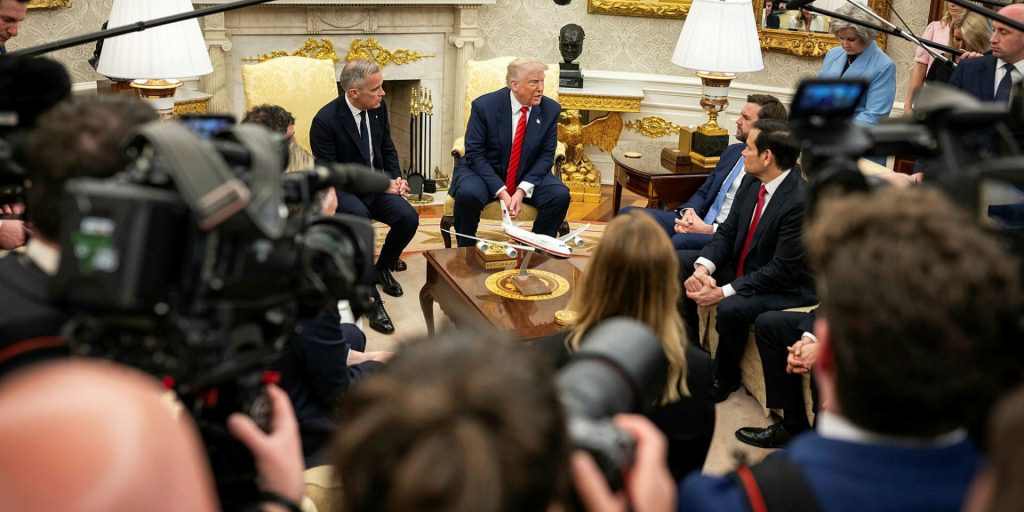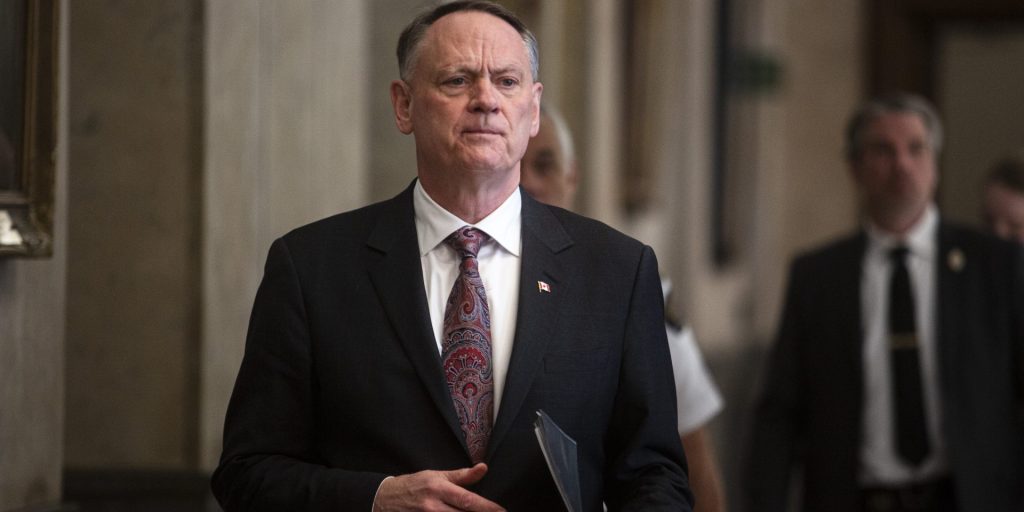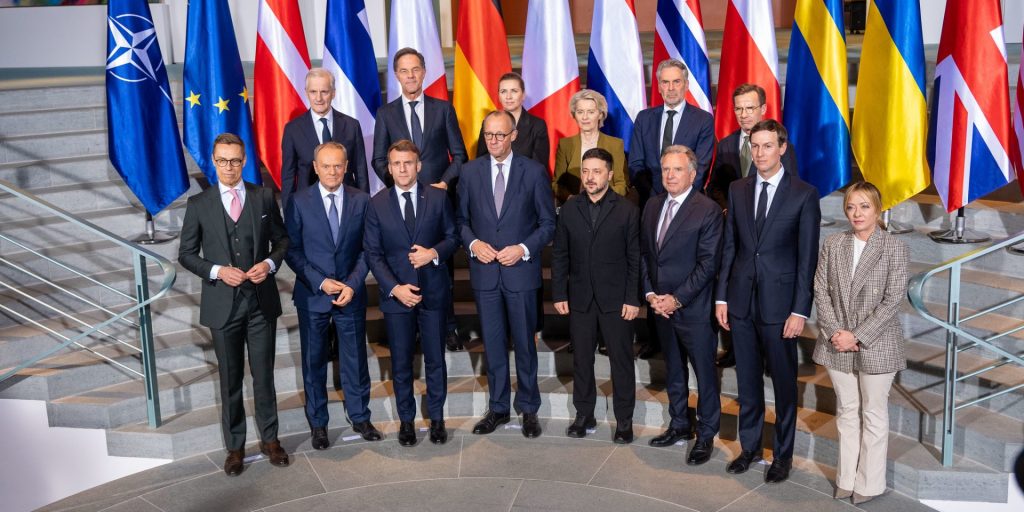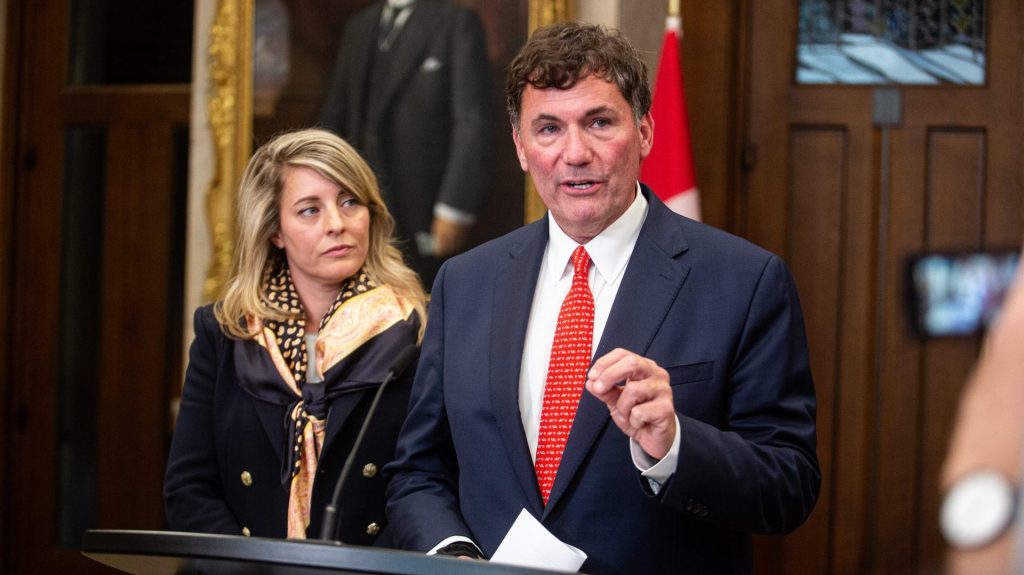How to foil Trump’s annexation of Greenland

NATO leaders should immediately offer the autonomous Danish territory of Greenland permanent membership in the alliance.
‘If the inconceivable becomes reality, it’s very hard to see how NATO could survive’: politicos say Trump’s global shakeup spells trouble for Canada

The world is watching U.S. President Donald Trump as he puts America on a collision course with democratically elected European governments and the European Union, says Canada’s former UN ambassador Bob Rae.
Eurasia Group says Canada to be ‘profoundly affected’ by Trump’s ‘political revolution,’ so we need to stick together to fight the good fight

Lloyd Axworthy is right. Canada needs to be more engaged and prepared and we need to stick together, especially right now at a time of great upheaval and while Trump is trying to squeeze us out. Parliament, the government, the political parties should be working together for the sake of our country. Canada should also reach out to its European allies and put together a united front against any aggressive actions taken by the U.S. president that violate the international law.
‘Disgraceful and indefensible’: feds’ failure to release new Defence Industrial Strategy by deadline sparks backlash

‘I can’t understand why a government can’t get down to business and operate rigorously,’ says Alan Williams, a former assistant deputy minister of materiel at National Defence.
Keep pace with great: NATO’s race for survival began in Ukraine long ago

Ukraine has proven extremely resilient, and the lessons they’ve learned on the battlefield are incredibly valuable to a rapidly re-arming NATO—if we choose to learn and adapt.
Peace relies not only on the resolution of national issues, but on the solution of global problems

We need to structure our curriculums and our institutions to permit global thought, vision and action, igniting the imagination of students and researchers alike, challenging us all to stretch our minds and to create not only new technologies and a strong economy, but a world at peace.
All eyes on the Arctic

Canada may now have to play catch-up on procuring vessels to protect the North after years of passing up projects.
Where is the real threat to Canadian security coming from?

We have good reason to be concerned by the poison of misinformation and hate that willfully seeks to undermine our democratic norms and institutions.
Civil and defence aerospace are two sides of the same coin

The health of the broader civilian industry matters for our national security and defence industrial base.
The coming CUSMA squeeze and how security policy will rewrite the trade terms

Digital rules built around open cross-border data flows, limits on data localization requirements, and constraints on government leverage over proprietary software naturally reward the players already operating at scale across the border.

